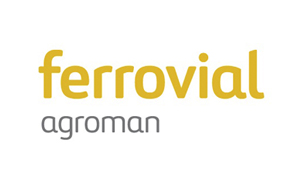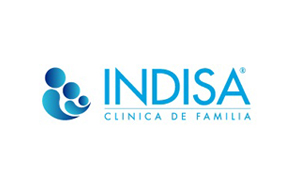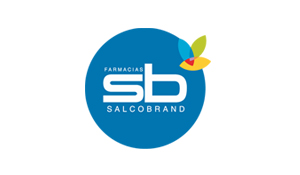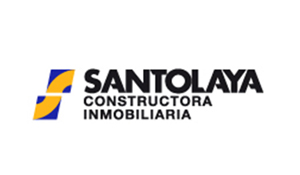In July, the Ca Department of company Oversight (DBO) granted an ask for touch upon the initial draft of laws implementing the state’s new legislation on commercial funding disclosures. As formerly included in InfoBytes, in September 2018, the Ca governor finalized SB 1235, which calls for non-bank loan providers along with other boat finance companies to give you written consumer-style disclosures for many commercial deals, including business that is small and vendor payday loans. Especially, the work requires financing entities at the mercy of what the law states to reveal in each financing that is commercial as an “accounts receivable purchase deal, including factoring, asset-based financing transaction, commercial loan, commercial open-end credit plan, or lease financing deal meant by the receiver to be used mainly for any other than individual, family members, or household purposes”—the “total cost associated with the financing expressed as an annualized rate” in a questionnaire become recommended by the DBO.
The draft legislation provides basic format and content needs for every disclosure, along with particular needs for every single types of covered deal.
Aside from the detail by detail information into the draft legislation, the DBO has released model disclosure kinds for the six funding kinds, (i) closed-end deals; (ii) open-ended credit plans; (iii) general factoring; (iv) sales-based funding; (v) rent funding; important site and (vi) asset-based financing. Also, the draft legislation utilizes a annual percentage rate (APR) due to the fact annualized price disclosure ( instead of the annualized price of capital, that was considered within the December 2018 ask for feedback, included in InfoBytes right here). Furthermore, the draft legislation provides information that is additional determining the APR for factoring deals along with determining the expected APR for sales-based funding deals.
Brand ny legislature presents bills to safeguard smaller businesses, regulate merchant advance loan deals
May 1, S5470 ended up being introduced into the ny State Senate and it is now sitting because of the Committee on Banks, which may establish disclosure that is consumer-style for many commercial transactions. Like the legislation enacted in Ca final September, formerly covered in InfoBytes right right here, the balance requires financing entities subject to your legislation to reveal in each financing that is commercial “the total price of the financing, expressed as a buck expense, including any and all sorts of costs, costs and costs which are become paid because of the receiver and therefore is not prevented by the receiver, including any interest expense.” The bill requires that the disclosures must include, among other things, (i) the amount financed or the maximum credit line; (ii) the total cost of the financing; (iii) the annual percentage rate; (iv) payment amounts; (v) a description of all other potential fees and charges; and (vi) prepayment charges for open and closed-end commercial financing transactions. The bill sets down analogous, but separate, disclosure needs for records purchase that is receivable, such as for example vendor cash loan and factoring deals.
Significantly, the balance will not use to (i) finance institutions (thought as a chartered or licensed bank, trust company, commercial financial institution, cost cost savings and loan relationship, or federal credit union, authorized to work in ny); (ii) lenders managed beneath the federal Farm Credit Act; (iii) commercial funding transactions guaranteed by real home; (iv) a technology supplier; and (v) a lender who makes a maximum of one applicable deal in nyc in a 12-month period or any person who makes commercial funding deals in nyc which are incidental to your lender’s company in a period that is 12-month.














Comentarios recientes